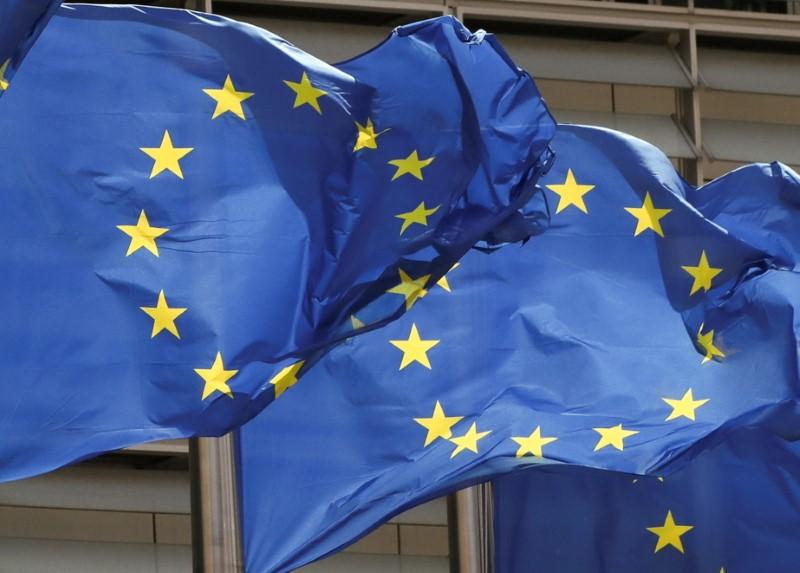BRUSSELS—Six EU member states have warned the bloc’s executive against halting deportations of rejected Afghan asylum seekers arriving in Europe despite major advances of Taliban militants in their country.
The Taliban, fighting to reimpose strict Islamic law after their 2001 ouster, have made sweeping gains in their campaign to defeat the government as U.S.-led foreign forces pull out.





